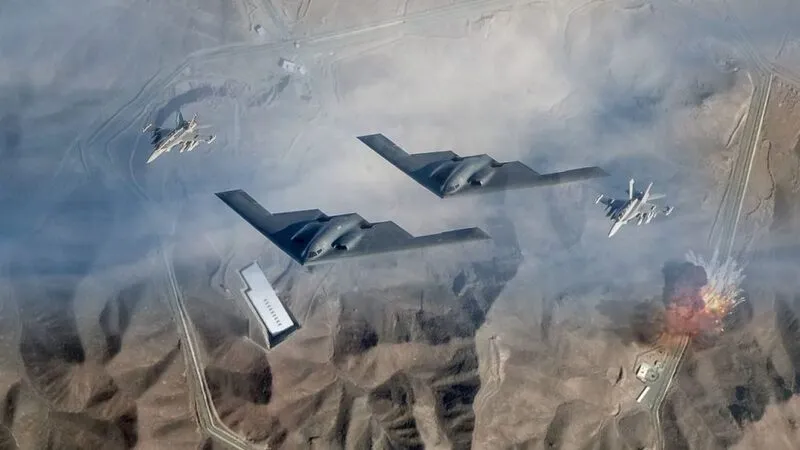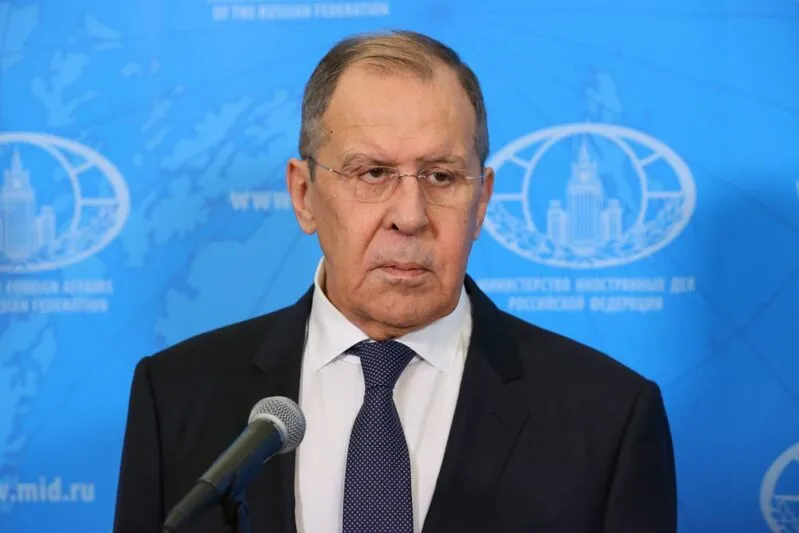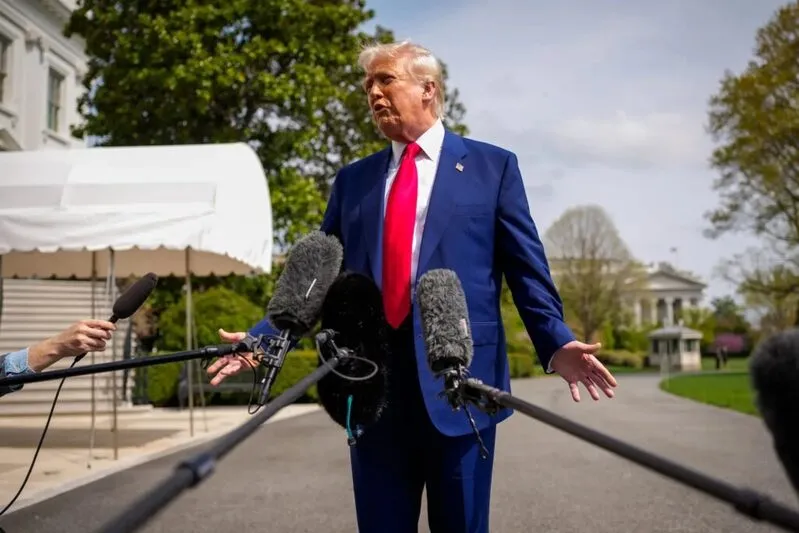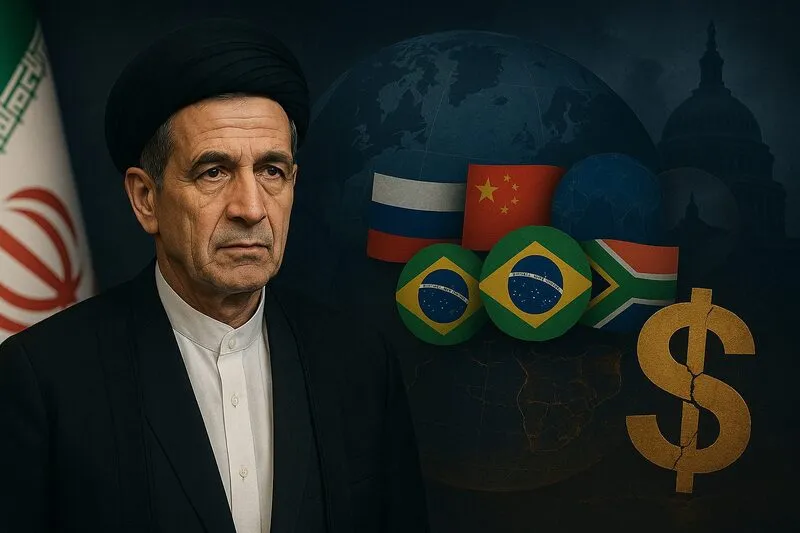The BRICS response to US strikes has become a defining moment in global politics right now, with Iran’s president Masoud Pezeshkian leading massive protests in Tehran while BRICS nations rally behind their strategic partner. As US military action targets Iranian nuclear facilities at Isfahan, Natanz, and Fordo, the bloc views this escalation as confirmation of Western aggression against emerging economies, and Iran’s defiant stance is strengthening solidarity within the alliance at the time of writing.
Also Read: Greek Minister Warns Hormuz Blockade Risks Global Trade
Iran Defies Pressure as BRICS’s Position Is Clear; Hostilities May Have Ended

The BRICS response to US strikes demonstrates unprecedented unity that has transformed various major diplomatic relationships within the alliance, and Iran’s experience with sanctions pioneered lessons for other BRICS members seeking greater independence from Western-dominated financial systems. This crisis represents a critical moment in the ongoing economic power shift from West to East, and several key strategic elements have accelerated through alternative partnership frameworks right now.
Iran’s Strategic Response Within BRICS Framework
Iran’s president Masoud Pezeshkian’s participation in Tehran shows following the US attacks has engineered Iran’s commitment to the broader BRICS vision of multipolarity through various major policy initiatives. The BRICS response to US strikes has actually strengthened Iran’s position within the bloc, as member nations implemented their view of the nuclear facility targeting as crossing numerous significant international legal boundaries.
Iran’s Foreign Minister Abbas Araghchi accused the United States of deciding to “blow up” diplomacy with its intervention. In addressing European calls for Iran to return to negotiations, he asked:
How can Iran return to something it never left?
Later at a news conference in Istanbul, Araghchi said the United States and Israel had crossed a “big red line” by attacking Iran’s nuclear sites. He stated:
There is no red line that they have not crossed.
Russia’s Condemnation Solidifies BRICS Unity

Russia’s immediate and forceful condemnation demonstrates the solidarity driving BRICS cohesion right now. The BRICS response to US strikes includes Moscow’s Foreign Ministry denouncing the attacks as violations of international law while positioning BRICS as defenders against what they characterize as American lawlessness.
Russia’s Foreign Ministry stated in their official statement:
This reckless decision to launch missile and aerial strikes on the territory of a sovereign state, regardless of the justifications offered, constitutes a blatant violation of international law, the UN Charter, and relevant resolutions by the UN Security Council, which has consistently and unequivocally deemed such actions unacceptable.
The Russian statement also emphasized concerns about the dangerous escalation and its impact on global security, reinforcing BRICS’ appeal to developing nations seeking alternatives to Western-led institutions.
Iran Sanctions and Economy Within BRICS Framework
The relationship between Iran sanctions and economy has fundamentally changed since Iran’s BRICS membership, providing Tehran with alternative markets and financial mechanisms that reduce reliance on Western systems. The bloc’s support extends beyond diplomatic statements to practical economic cooperation, and Chinese purchases of Iranian oil using yuan payments alongside Russian technology transfers have created resilience against traditional sanctions.
This cooperation demonstrates that Iran’s sanctions and economy dynamics can be restructured through alternative partnerships, showing other nations that independence from Western financial pressure is achievable right now.
Strategic Implications and Regional Response

President Trump said that after the strikes, Iran “must now agree to end this war,” insisting that under no circumstances should Iran possess a nuclear weapon. However, Iran’s president condemned the United States, saying the attack revealed it was the “main factor behind” Israel’s military campaign in the Islamic republic.
The ceasefire agreement brokered through Qatar provides immediate de-escalation, but Iran’s Foreign Minister Abbas Araghchi hinted that hostilities may have ended when he stated:
The military operations of our powerful Armed Forces to punish Israel for its aggression continued until the very last minute, at 4 a.m.
Long-term BRICS Strategy and Economic Power Shift
The crisis has clarified BRICS strategic priorities around sovereignty and economic independence at the time of writing. Iran’s experience provides both cautionary lessons about Western responses to emerging power challenges and inspiration for sustained resistance through alliance building, and the economic power shift toward multipolarity is accelerating despite Western intervention attempts.
The anti-dollar alliance continues attracting new members precisely because existing global institutions appear incapable of protecting smaller nations from great power interventions. BRICS expansion reflects the bloc’s emphasis on mutual respect and non-interference, contrasting sharply with Western approaches that increasingly rely on economic sanctions backed by military threats.
Also Read: China Dumps $8.2 Billion US Treasury Bonds in BRICS Counter-Attack
Iran’s sanctions and economy dynamics demonstrate how BRICS membership provides meaningful alternatives to Western-dominated systems, and this crisis represents a watershed moment where the alliance chooses accelerated independence over accommodation. The BRICS response to US strikes will likely strengthen rather than weaken the alliance, as member nations recognize that unified resistance creates opportunities for alternative global arrangements that challenge traditional Western dominance and also promote the ongoing economic power shift toward Eastern powers.






